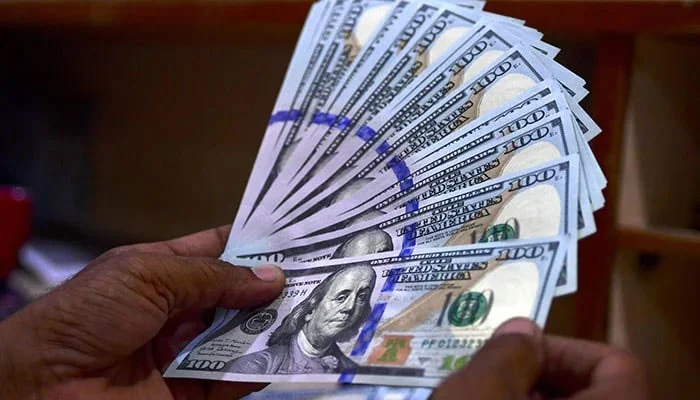Pakistan is making strategic moves to revitalize its economy by seeking up to $20 billion in investments, primarily through government-to-government (G2G) agreements. This initiative is part of broader efforts to deepen partnerships with key development partners, including Saudi Arabia and the Gulf states, to secure substantial inflows across multiple sectors.
Strategic Focus on G2G Partnerships
The initiative to secure G2G investments was announced by Minister for Petroleum Musadik Malik during a briefing to a parliamentary panel. He emphasized that the efforts to attract significant investments, particularly through G2G agreements, are already underway. The focus of these investments spans multiple sectors, with energy being a priority given the current challenges the country faces in this area.
Energy Sector: Challenges and Strategic Adjustments
One of the critical sectors under review is energy, specifically the supply of gas to captive power plants. The Senate Standing Committee on Petroleum, chaired by Senator Umer Farooq, recently raised concerns regarding the discontinuation of gas supplies to these plants. Industries had invested in power plants, achieving 50 percent efficiency, in response to the government’s request to meet their energy needs. However, the International Monetary Fund (IMF) has advised that these plants be moved to the national grid due to their lower efficiency compared to LNG plants, leading to a recommendation to disconnect their gas supplies.
The Director General of Gas highlighted the complexities of the situation, noting that the Petroleum Division opposed the disconnection and instead advocated for increased efficiency. According to reports, there are 1,180 captive power plants across Pakistan using 242 million cubic meters of LNG per day, with 797 of these plants located in Sindh. These plants, established under a 2005 government policy, were subjected to an audit in 2021, but more than half in Sindh obtained court stay orders, complicating the process.
Adjustments in Gas Tariffs
To address the disparity between gas and power tariffs, the Petroleum Division has implemented a significant increase in the gas tariff for captive plants, raising it from Rs1,100 per MMBTU to Rs3,300 per MMBTU. This adjustment is seen as a necessary step to align the tariffs more closely with the costs and to ensure the sustainability of the energy sector.
Sensitivity of the Issue and Future Discussions
Minister Musadik Malik acknowledged the sensitivity of the issue and expressed a willingness to engage in further discussions with the Senate Committee. He proposed an in-camera briefing on critical topics, including the Iran gas pipeline and the situation with captive power plants. Moreover, Malik indicated that plans to deregulate petroleum prices are under consideration, although any such move would be contingent on ensuring adequate protection for the public.
Criticism and the Role of the Interim Government
Senator Mohsin Aziz criticized the interim government’s decision to disconnect gas supplies from captive power plants, arguing that such long-term decisions should not be made by an interim administration. He suggested that any commitments made with the IMF regarding these plants should be revisited at the next meeting, emphasizing that the plants have already made significant investments in co-generation technologies.
Conclusion: A Strategic Path Forward
Pakistan’s push to secure up to $20 billion in G2G investment is a critical step towards revitalizing the economy. By focusing on energy and other vital sectors, the government aims to address current challenges while setting the stage for sustainable growth. However, the sensitivity of the issues involved, particularly in the energy sector, requires careful handling and strategic decision-making. The success of these efforts will depend on balancing immediate economic needs with long-term strategic goals, ensuring that Pakistan remains on a path to prosperity.



